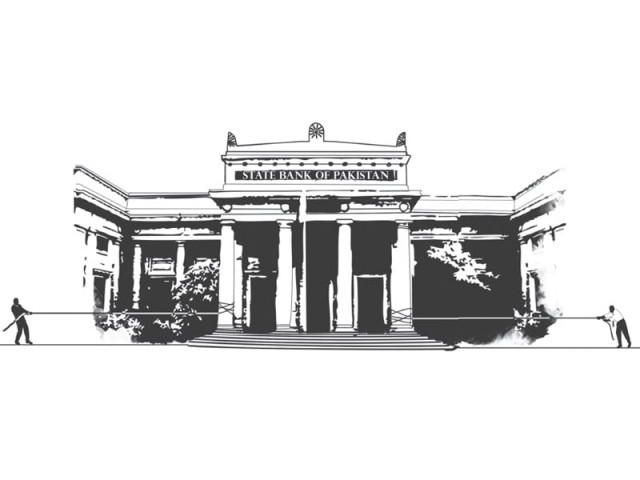Interest rate cut
As drastic as the cut seems to be, ultimately the performance of the economy will likely rest on external factors.

Interest rate cut
Another possible danger of the interest rate cut is that, more than the private sector, it will simply lead to further government borrowing from the banks and that is where the inflationary pressure will mainly come from. Not only will this interest rate cut encourage the government’s bad borrowing habits, it will also reduce some of their debt repayments. The problem of government borrowing is so acute that the SBP had to warn the government that excessive further borrowing could be both counterproductive and illegal. The temptation to do so, however, will be ever present, especially in the run-up to elections as the government tries to get its hands on whatever money it can to win over reluctant workers.
As drastic as the interest rate cut seems to be, ultimately the performance of the economy will likely rest on external factors. The international price of oil, which has begun rising again, and the long-overdue payments from the Coalition Support Fund may ultimately be more consequential to the direction of our economy. At home, the government’s inability to provide a regular supply of electricity is surely going to dampen any private sector enthusiasm for borrowing. What is the point of borrowing from banks to expand your business when the government cannot even guarantee electricity for half the day? These are the real problems facing our economy and it remains to be seen whether tinkering with the interest rate will change the situation.
Published in The Express Tribune, August 12th, 2012.














COMMENTS
Comments are moderated and generally will be posted if they are on-topic and not abusive.
For more information, please see our Comments FAQ